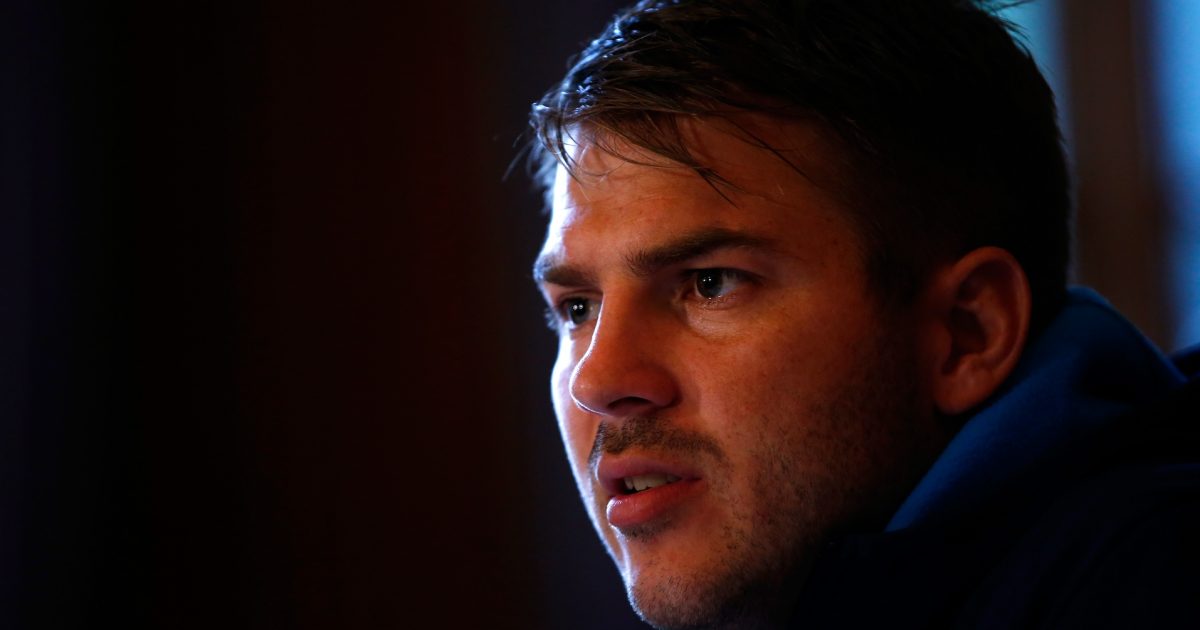'They'd hood you... they'd grab you and take you into this dark room'

The stories that emerge from World Cup training camps are seldom pleasant, but few nations will be able to rival the lengths that Michael Cheika went to before the 2015 showcase.
While it was a tournament that went well for the Wallabies, as they reached the final, it began with what Adam Ashley-Cooper recently described as “kidnapping blokes and interviewing them in an interrogation environment.”
Joining the latest episode of RugbyPass TV’s Boks Office in collaboration with The KOKO Show, Matt Giteau, Ashley-Cooper and Drew Mitchell went into detail about the former Wallabies coach’s methods to see “how aligned” the group were. All three started in the 34-17 loss to the All Blacks in the final at Twickenham a few weeks later.
Their experiences then inspired Schalk Burger to discuss a similar test prior to the 2003 World Cup with the infamous Camp Staaldraad.
Cheika took the helm at Leicester Tigers this summer, so we wait to see if similar stories emerge in due course.
“I wasn’t necessarily kidnapped, I just go interviewed,” Ashley-Cooper said.
“Basically, I think [Cheika] just wanted to kind of test the group around being interviewed, what you’d give away,” he continued. “Because I think for him it was about how aligned are the group. And also for him, creating a shared experience. So he had this way of mixing things up in terms of prep to make it memorable and I don’t know if you can get any more memorable than kidnapping blokes and interviewing them in an interrogation environment.”
Mitchell added: “He had a group of guys who came and said ‘you’ve got to meet here’ and they’d grab you and take you into this dark room, they’d hood you and then go into a dark room. All of a sudden they take the hood off and there’s a bloke in black just talking to you with a camera.”
Ashley-Cooper continued: “Bright lights in your face. You couldn’t see anyone behind and Cheika was in the back of the room.
“His big thing is he wanted to test how strong the group was,” Giteau added. “The guy interviewing said ‘don’t say anything’, not to tell anyone. There were maybe five or six blokes that were interviewed and until this guy came out later in this team meeting, no one had spoken about it. So it showed that they were tight.”
New tickets for Women’s Rugby World Cup 2025 are now available, with prices starting at £10 for adults and £5 for children. Buy now!































































































